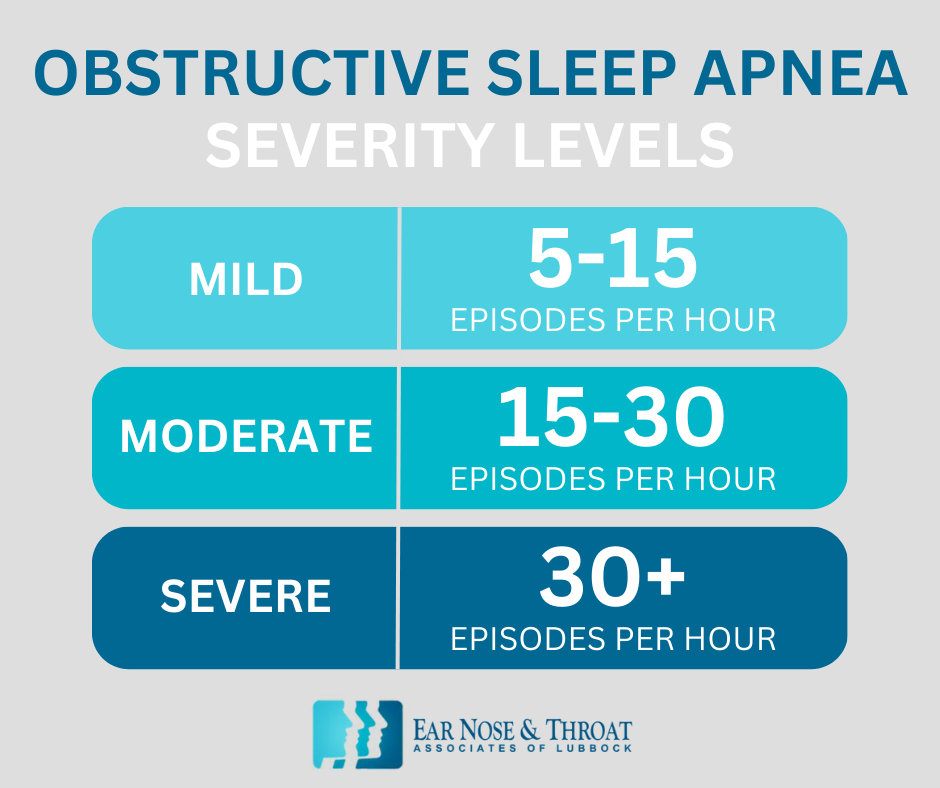How Does Diet Affect Sleep Apnea?

Your diet affects most aspects of your well-being, including your physical health and weight. But did you know poor eating habits could contribute to your risk of developing sleep apnea?
Because it’s not always clear how what we eat directly affects sleep apnea, we need to delve into some of the details. What improves symptoms? What worsens them? Is there a good diet for sleep apnea?
Let’s take a look.
What Is Sleep Apnea?
Before we talk about diet for sleep apnea, let’s quickly review what the condition is.
Sleep apnea is a sleep disorder with which your breathing repeatedly stops and starts during sleep. The most common type of sleep apnea is obstructive sleep apnea (OSA), which is caused by an airway blockage.
If you have sleep apnea, you might experience symptoms like snoring, gasping for air while you sleep, and excessive daytime sleepiness. Your significant other might also tell you that you seem to stop breathing while sleeping.
The severity of OSA depends on the number of nightly episodes you have per hour:
- Mild — 5–15
- Moderate — 15–30
- Severe — 30 or more
If you think you might have sleep apnea, a sleep specialist can diagnose the condition with an at-home sleep test or an in-lab sleep study.

What’s the Connection Between Obesity and Sleep Apnea?
Researchers have long recognized the connection between obesity and obstructive sleep apnea.
While non-obese people can certainly have sleep apnea, the heavier a person is, the higher their risk of developing the condition. According to the American Diabetes Association, about 60–90% of adults with obstructive sleep apnea are overweight.
Obstructive sleep apnea often develops alongside obesity because of the added pressure the weight gain puts on the airway. When an overweight or obese person lies down to sleep, the muscles in their airway relax, and all that extra tissue falls on top, causing a natural obstruction. Additionally, the airway is somewhat constricted to begin with because the deposits of fatty tissue take up so much space around it.
What’s the Best Diet for Sleep Apnea?
Food
Because of the connection between excess weight and OSA, a good diet for sleep apnea is one that helps you maintain a healthy weight.
Watch your caloric intake, making sure you’re not consuming more calories than your body needs to function. If you do, your body will store those extra calories as fat, contributing to your OSA symptoms.
If you receive an OSA diagnosis, it’s also important to prioritize a well-balanced diet of healthy, whole foods to help with weight loss. Some people benefit from a Mediterranean diet, some from straightforward calorie reduction, and some from strategies like intermittent fasting. The point is simply to find a healthy way to reduce weight. Talk with your doctor to determine the most effective and realistic course for you.
You might find it helpful to know that lack of sleep can increase cravings for unhealthy, high-calorie foods. Just remember, that’s the sleep apnea talking!
As you shed excess body fat, you’ll very likely notice a reduction in your OSA symptoms.
Drink
Besides making healthy food choices in your diet for sleep apnea, you’ll want to be mindful that one specific drink can significantly worsen sleep apnea symptoms.
Alcohol is a sedative, and research shows alcohol’s sedative qualities worsen and can potentially cause sleep apnea symptoms. Alcohol causes your muscles to lose tone, meaning they can more easily relax into your airway, causing obstruction.
On top of that, alcohol makes it more difficult for you to wake from sleep. If you have OSA, you normally wake up slightly when you stop breathing. When sedated by alcohol, it’s much harder and takes much longer for you to awaken and resume breathing.
Medications
Though not strictly part of a diet for sleep apnea, it’s also important to consider what medications you take. Like alcohol, some medications can have a sedative effect that worsens sleep apnea symptoms. These include:
- Antihistamines (especially diphenhydramine, or Benadryl)
- Benzodiazepines
- Opiates
- Barbiturates
Certain sleep aids may also worsen symptoms of obstructive sleep apnea, though they may be helpful for other sleep-related conditions. These include:
- Ambien
- Lunesta
- Melatonin
Even medications like NyQuil or Tylenol PM, which attempt to help you sleep when you’re sick, include sedative medications that can worsen OSA symptoms.
What to Do if You’re Experiencing Symptoms of Sleep Apnea
If you suspect you’re experiencing symptoms of sleep apnea, there are several things you should do:
- Take it seriously. Sleep apnea is not a minor condition that’s okay to ignore. It can be dangerous and result in serious health complications if left untreated. However, treatment is relatively simple and can prevent both short- and long-term dangers.
- Talk to your doctor. If you think you have OSA, the first step is to see your primary care doctor. They may recommend you complete an in-lab or at-home sleep study if your symptoms correlate with sleep apnea.
- Watch your weight. If you’ve noticed an increase in your weight alongside increased symptoms of sleep apnea, losing weight might make a difference. Consider implementing a good diet for sleep apnea as discussed in this post, as well as regular exercise.
Sleep apnea is more common than you may think, but it’s also treatable. If you’re experiencing symptoms, reach out and schedule a consultation with your doctor!
Dr. Cuthbertson is a physician at Ear Nose & Throat Associates of Lubbock. He joined the team at ENT Lubbock from Houston, where he was chief resident of the prestigious Bobby R. Alford Department of Otolaryngology at Baylor College of Medicine. He is board certified in Otolaryngology and Head & Neck Surgery and has quickly built a reputation, not only as an extremely skilled surgeon, but as an approachable and compassionate clinician adept in the newest standards and technologies. Learn more about Dr. Cuthbertson.
Categories:








